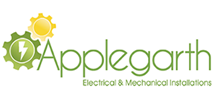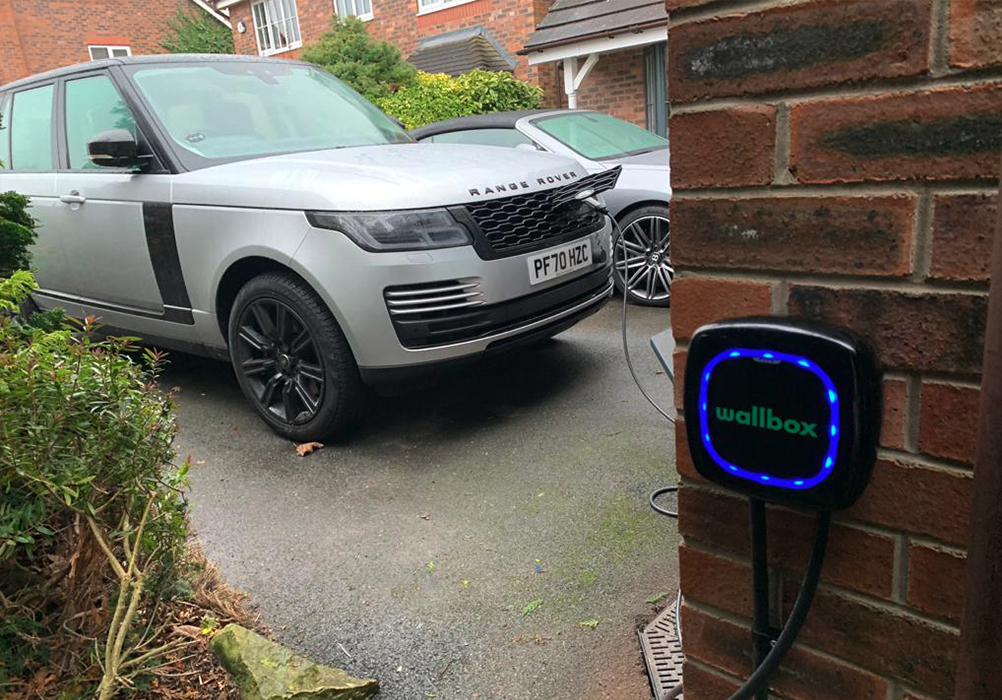As electric vehicles (EVs) continue to become increasingly popular, the demand for convenient and efficient charging solutions has never been higher. For prospective and current EV owners, understanding the landscape of EV charging options is crucial for making informed decisions about how to charge their vehicles both at home and on the go.
In this blog post, we’ll explore the different types of EV chargers and what they mean for you as an EV owner. By understanding the different options available, you can make an informed decision about which type of charger is best for your needs.
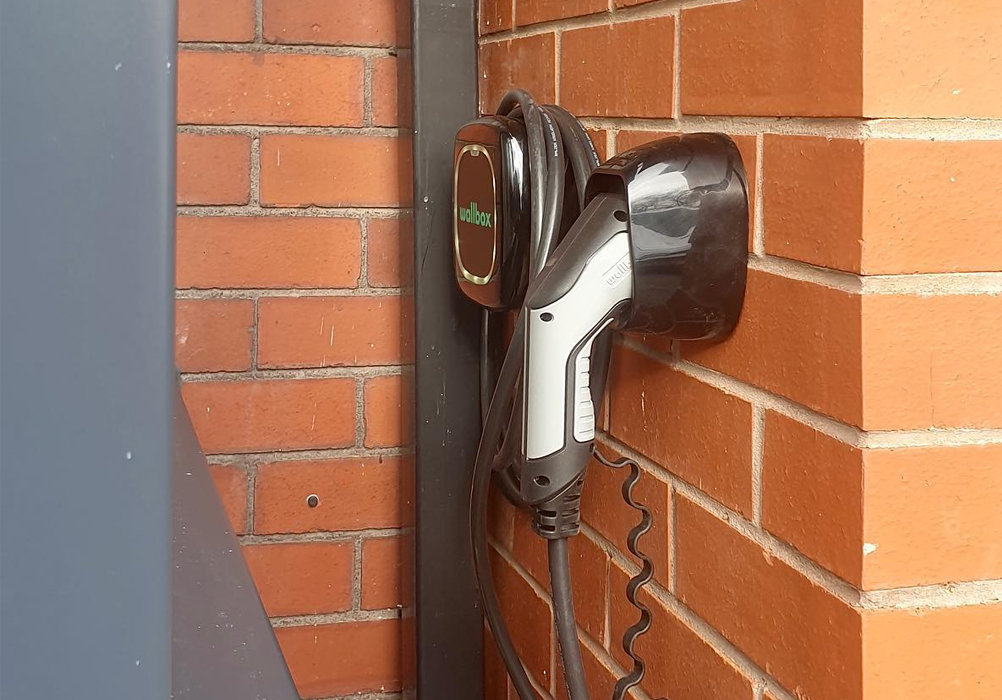
Types of EV Chargers
There are three main types of EV chargers: Type 1, Type 2, and DC Fast Chargers. Each type represents a different charging speed, which is determined by the charger’s power output. Let’s take a closer look at each one.
Type 1 Chargers – 3kW: The Slow and Steady Option
Type 1 chargers are the most basic type of EV charger and are typically used for domestic charging. They are also known as “trickle chargers” because they provide a slow and steady charge to your EV.
These chargers come with a plug that lets you charge from a standard home electric socket. However, they are not very powerful and on average take 12 hours to charge a battery from empty. This makes them best suited for overnight charging at home or for drivers with a short daily commute.
Type 1 chargers are usually included with the purchase of an EV and are the most affordable option. However, they are not recommended for long trips or frequent use as they are not very efficient.
Type 2 Chargers – 7kW: The Home and Public Workhorse
Type 2 chargers are the most common type of EV charger. These chargers are more powerful than Type 1 chargers and can charge an EV up to 6 times faster. This makes them a great option for daily use or for longer trips where you may need to top up your charge. Installing a type 2 EV charger at your home makes it easy to keep your battery topped up and ready to go.
Type 2 chargers are also more expensive than Level 1 chargers, but they are still relatively affordable and can be installed at home or in public spaces. There are various government grants available to help offset the cost of installing a type 2 EV charge point.
Fast Chargers – 22kW : The Speedy Solution for Long Trips
DC Fast Chargers, are commonly found in public places like car parks, supermarkets and motorway service stations. They use a direct current (DC) to charge an EV, which is why they are also known as DC chargers.
These fast chargers can charge an EV battery from empty in 3 hours on average. This makes them ideal for long trips or for EV owners who need to charge their vehicle quickly.
However, DC Fast Chargers are the most expensive type of charger and are not suitable for home installation. They also require a special connector, which means they are not compatible with all EV models.
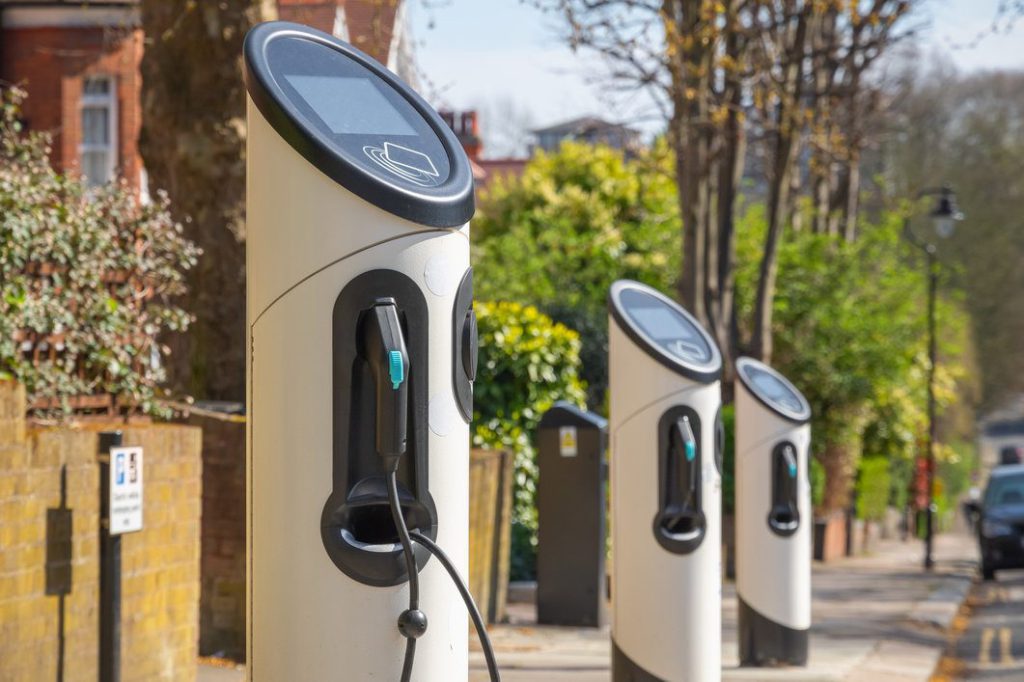
Choosing the Right Charger for You
The right type of charger for you depends on your vehicle, your driving habits, and your charging options. Here are a few considerations:
- Daily Commute and Usage: If you have a short daily commute, Type 1 charging may be sufficient. For longer commutes or for added convenience, Type 2 charging at home is a smart investment.
- Traveling Long Distances: If you frequently travel long distances, familiarise yourself with the locations of DCFC stations along your route to ensure you can recharge quickly and efficiently.
- Home Charging Installation: Consider the initial cost and logistics of installing a Type 2 charger at home, including any available incentives or rebates to offset the cost.
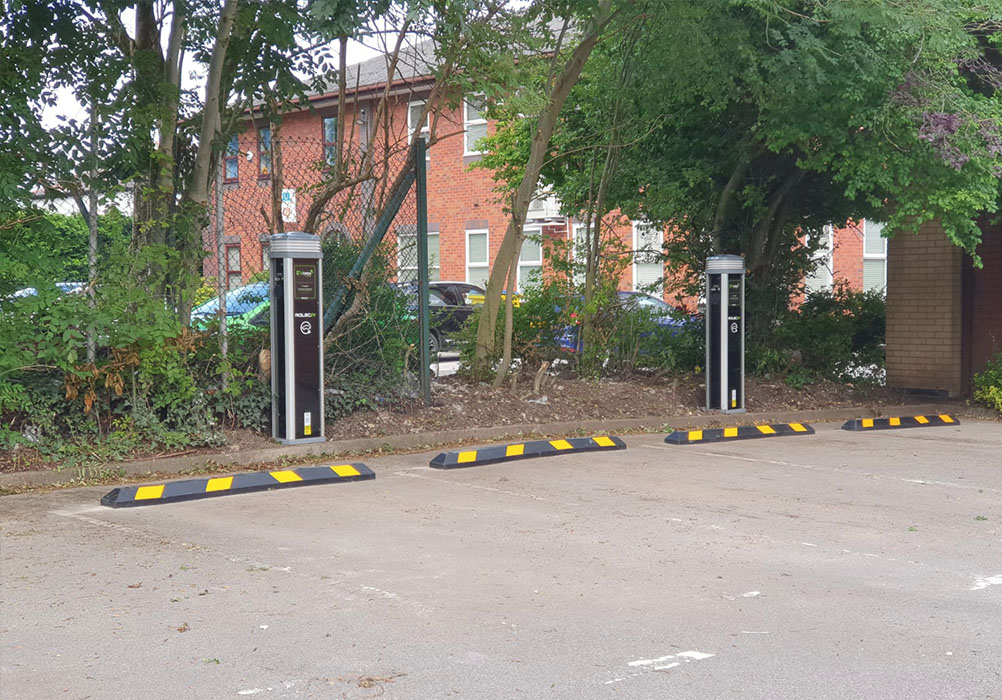
How to Find EV Charging Stations
As an EV owner, it’s important to know where you can find EV charging stations when you’re on the road. Here are some ways to find EV charging stations near you.
Use an EV Charging Station Locator App
There are several apps available that can help you find EV charging stations near you. These apps use your location to show you the nearest charging stations and provide information on the type of charger available, cost, and availability.
Some popular apps include Zap Map, ChargeMap and ChargePoint.
Check with Your Local Council
Many cities and towns have started to install public charging stations to encourage the use of EVs. Check with your local government to see if there are any charging stations in your area.
Use Google Maps
Google Maps now includes information on EV charging stations, making it easy to find a charging station while on the go. Simply search for “EV charging stations near me” and Google Maps will show you the nearest options.
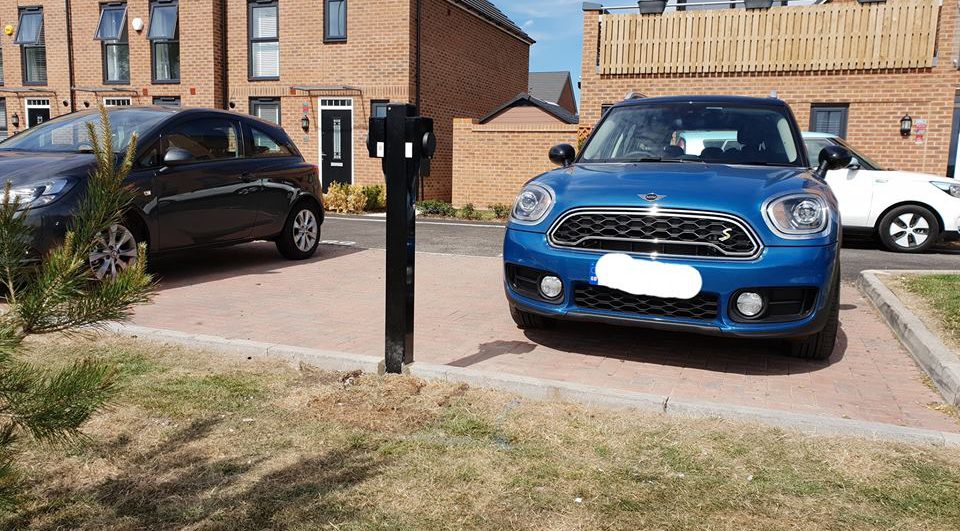
The Future of EV Charging
As the popularity of EVs continues to grow, so does the demand for more accessible and efficient charging options. Here are some developments in the world of EV charging that we can expect to see in the near future.
Wireless Charging
Wireless charging, also known as inductive charging, is a technology that allows EVs to charge without the need for cables or plugs. This is achieved through a charging pad that is installed on the ground, and the EV is parked on top of it.
This technology is still in its early stages, but it has the potential to revolutionise the way we charge our EVs. It could also make charging more convenient and accessible, as drivers would not need to worry about finding a charging station or plugging in their vehicle.
Solar-Powered Charging Stations
Solar-powered charging stations use solar panels to generate electricity, making them a more environmentally friendly option. They are also a great solution for remote areas where it may not be feasible to install traditional charging stations.
As solar technology continues to advance, we can expect to see more solar-powered charging stations popping up around the world.

As an EV owner, understanding the different types of chargers available and their capabilities is crucial. By considering your individual needs and circumstances, you can choose the right type of charger for your EV and ensure that you always have access to a charging station when you need it.
With the continued development of EV technology, we can expect to see even more advancements in the world of EV charging in the near future. So, if you’re considering purchasing an EV, now is a great time to make the switch and join the growing community of environmentally conscious drivers.
If you are interested in having an EV Charge Point installed or have any questions, then please call us on 0151 649 8350. You can also email us at info@applegarth.co.uk and a member of our team will get back to you as soon as possible.

